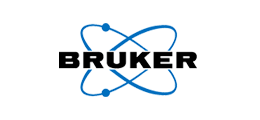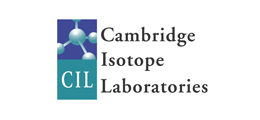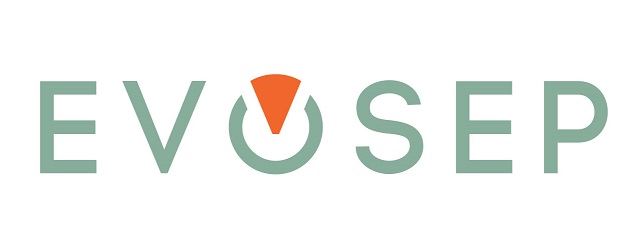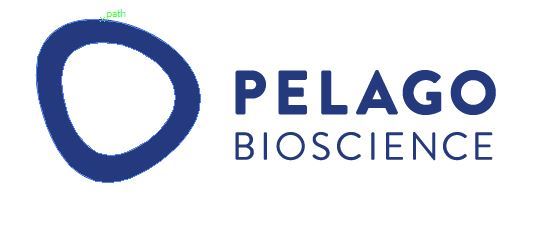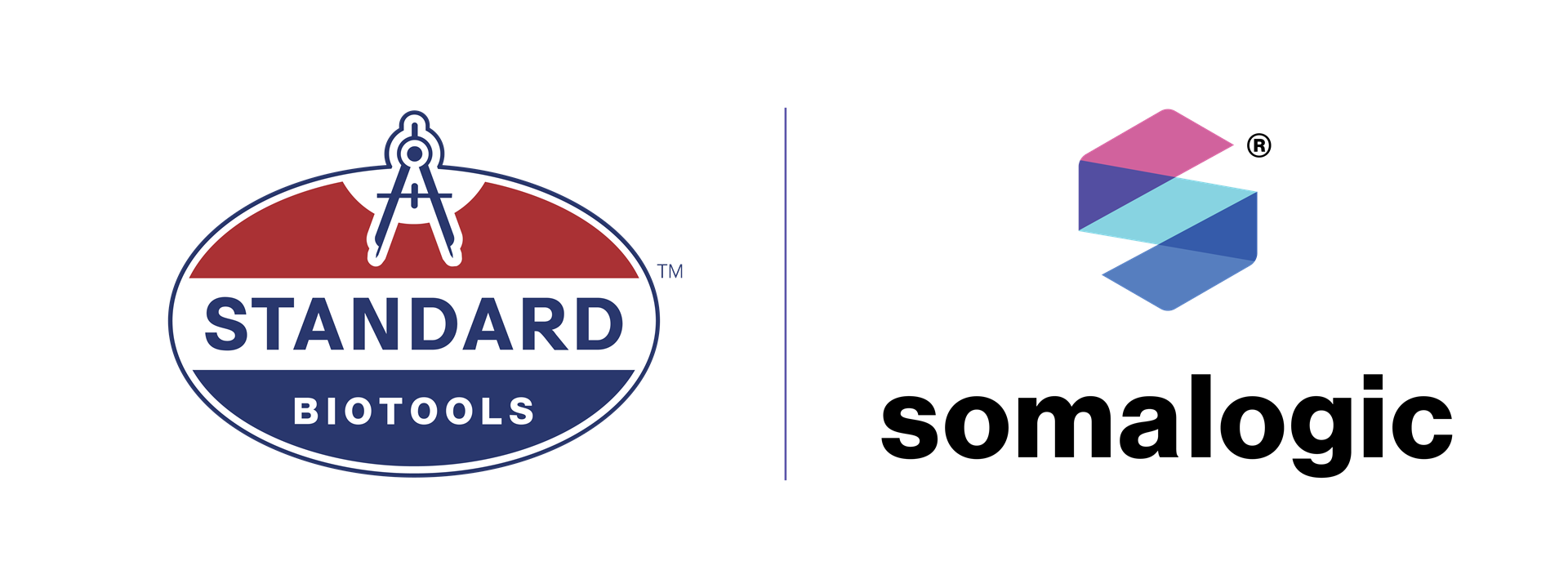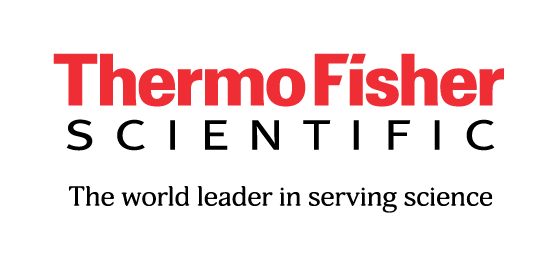Menu
Log in
|
NewS |
If you have news that you would like distributed via HUPO's website, newsletter, or social media channels, please email office(at)hupo.org. |
The Human Proteome Organization is a 501(c)(3) tax exempt non-profit organization registered in the state of New Mexico. | © 2001-2022 HUPO. All rights reserved.
Powered by Wild Apricot Membership Software

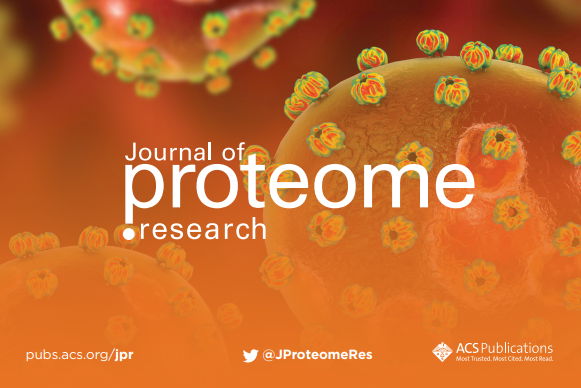
.png)


